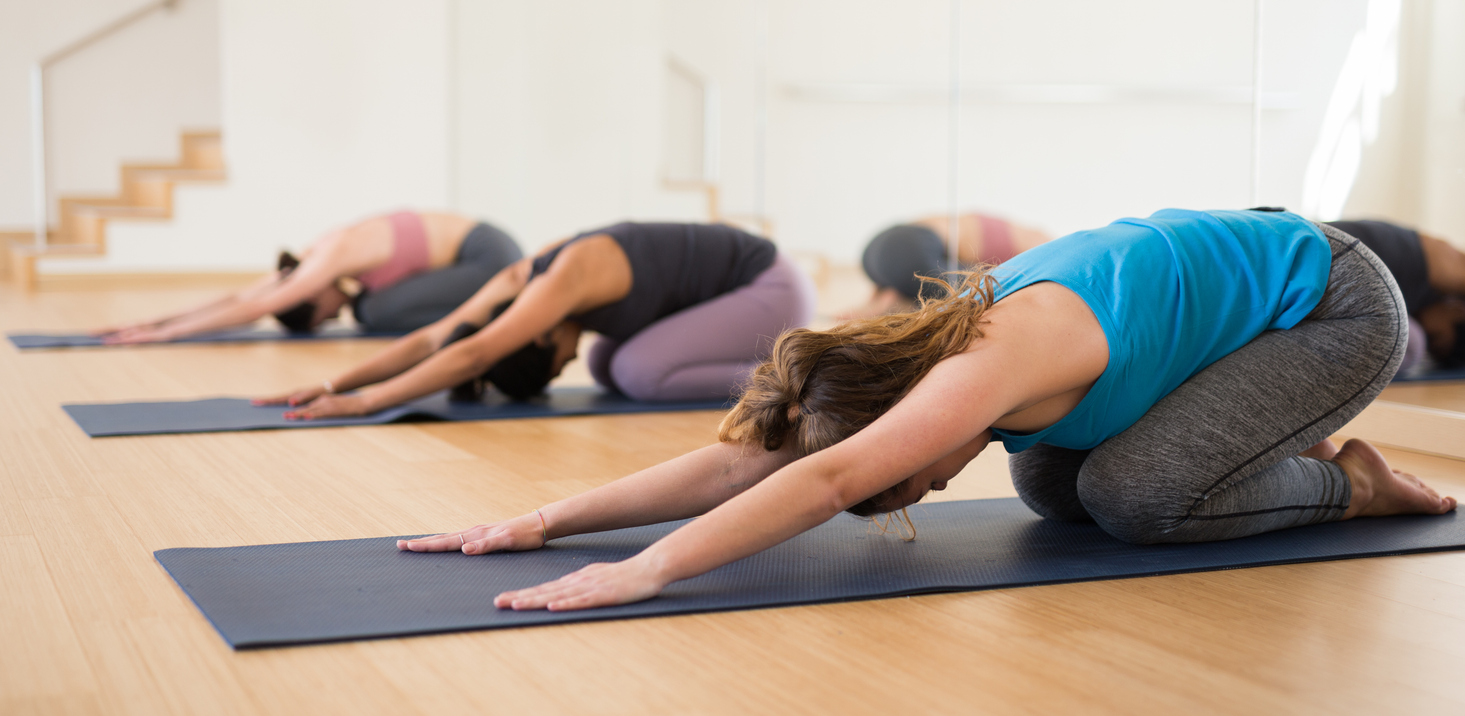Recovery for veterans is rarely just about breaking free from substances—it’s also about repairing the connection between body and mind. Military service can leave lasting imprints, from physical injuries to invisible wounds like PTSD. When addiction enters the picture, the disconnection deepens.
Mind-body practices offer a bridge back to balance. They engage both physical movement and mental focus, helping veterans rebuild resilience, regulate emotions, and reinforce the progress made during treatment.
Why the Mind-Body Connection Matters
Addiction often creates a cycle where the body suffers from neglect and the mind remains trapped in patterns of stress or avoidance. In the context of veteran rehab or veteran drug & alcohol treatment, rebuilding this connection is essential for long-term stability.
When the body feels stronger and the mind more focused, coping with triggers becomes easier. Physical wellness supports mental health, and mental clarity supports healthier choices.
Practice 1: Controlled Breathing
Breathing is one of the simplest yet most powerful tools for regulating the nervous system. Techniques like diaphragmatic breathing or the 4-7-8 method can lower heart rate, reduce anxiety, and help manage cravings.
For veterans, controlled breathing can also serve as a grounding exercise during moments of heightened stress—whether in early recovery or years down the line.
Practice 2: Yoga for Strength and Calm
Yoga blends physical movement with mindful awareness. For veterans transitioning out of veteran detox, it can help restore flexibility, reduce physical tension, and promote a calmer mental state.
Different styles offer different benefits:
- Hatha yoga for slow, steady movements and relaxation
- Vinyasa yoga for building strength and endurance
- Restorative yoga for deep relaxation and recovery
The adaptability of yoga makes it suitable for varying fitness levels and physical limitations.
Practice 3: Meditation and Mindfulness
Meditation trains the mind to focus on the present moment without judgment. This is particularly valuable for veterans coping with intrusive thoughts or emotional triggers linked to trauma or substance use.
Mindfulness can be practiced anywhere—during a morning walk, while eating, or even in conversation. Over time, it helps create space between stimulus and response, making it easier to choose healthier coping strategies.
Practice 4: Tai Chi and Qigong
These traditional Chinese practices combine slow, deliberate movements with deep breathing. They improve balance, coordination, and concentration while encouraging a meditative state of mind.
For veterans in recovery, tai chi and qigong can be especially helpful in easing anxiety, reducing muscle tension, and improving sleep quality.
Practice 5: Guided Visualization
Guided visualization involves imagining calming scenes, successful outcomes, or personal goals in vivid detail. This technique can reframe negative thinking patterns and build confidence in one’s ability to stay sober.
It’s a tool that works well alongside veteran rehab, helping reinforce positive change and create a mental “map” for success beyond treatment.
Integrating Mind-Body Practices Into Daily Life
These practices work best when they become part of a daily or weekly routine rather than one-off activities. Starting small—just a few minutes of breathing exercises in the morning or a short meditation before bed—can gradually lead to bigger changes.
Some veterans integrate these techniques into their physical fitness programs, while others use them as stand-alone tools for relaxation and stress relief.
Overcoming Common Barriers
The idea of slowing down or engaging in meditative activities can feel unfamiliar or even uncomfortable at first. Common obstacles include:
- Feeling self-conscious about trying new movements
- Impatience with slow results
- Difficulty concentrating in quiet moments
These barriers often fade with consistent practice. Approaching mind-body work with curiosity rather than expectation helps remove pressure and keeps the focus on personal growth.
The Role of Professional Support
While many of these practices can be learned independently, professional guidance ensures proper technique and tailored instruction. Recovery programs and community organizations sometimes offer classes designed specifically for veterans.
Some treatment providers, such as Fortitude Recovery, incorporate mind-body approaches alongside traditional therapy, creating a more holistic path to healing.
Long-Term Benefits for Veterans in Recovery
When practiced consistently, mind-body techniques can:
- Reduce stress and anxiety
- Improve sleep quality
- Enhance physical strength and mobility
- Increase emotional regulation
- Strengthen resilience against relapse
These benefits extend well beyond the completion of veteran drug & alcohol treatment, offering lifelong tools for well-being.
Creating a Personal Practice Plan
The best approach is to experiment and find what resonates. A veteran might start with short breathing exercises in the morning, add yoga once a week, and incorporate mindfulness into daily walks. Over time, this combination can evolve into a personalized toolkit for both physical and mental health.
The goal isn’t perfection—it’s consistency. Even brief, regular practice builds the resilience needed to face life’s challenges without turning back to harmful habits.
Final Thoughts
Mind-body practices don’t replace formal treatment—they enhance it. For veterans healing from addiction and trauma, these tools offer a way to reconnect with themselves on multiple levels. By blending movement, breath, and awareness, recovery becomes more than abstaining from substances—it becomes a process of restoring balance and building strength for the future.
And with intentional practice, these skills can remain a source of stability and clarity long after treatment ends.







